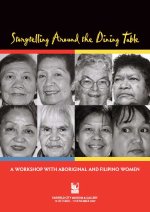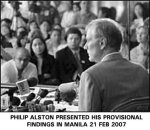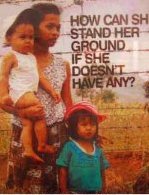
 Differences Melt Away in Aboriginal and Filipino Women Story Sharing in Fairfield
Differences Melt Away in Aboriginal and Filipino Women Story Sharing in Fairfield
 Invisible Realities, Forgotten Voices: The Women on Death Row
Invisible Realities, Forgotten Voices: The Women on Death Row UN Special Rapporteur on Extrajudicial Executions finds the military is killing leftist activists in The Philippines
UN Special Rapporteur on Extrajudicial Executions finds the military is killing leftist activists in The Philippines
 ‘Heed Alston recommendations or risk further embarrassment, government told’
‘Heed Alston recommendations or risk further embarrassment, government told’
 Astronomy
Astronomy
 Ruling is a victory for Philippine children, says WHO
Ruling is a victory for Philippine children, says WHO
 Walk for Land, Walk for Justice
Walk for Land, Walk for Justice
 A Mother's Long Walk for Justice
A Mother's Long Walk for Justice
 Sumilao Farmers Press Conference
Sumilao Farmers Press Conference
 5th UITBB meeting for Asia and the Pacific
5th UITBB meeting for Asia and the Pacific
 Hospitalised guest worker faces deportation
Hospitalised guest worker faces deportation
 Women, Faith and a Culture of Peace
Women, Faith and a Culture of Peace
 Home | Aims and Objectives of Solidarity Philippines Australia Network | About Kasama
Home | Aims and Objectives of Solidarity Philippines Australia Network | About Kasama 
Search the SPAN Web